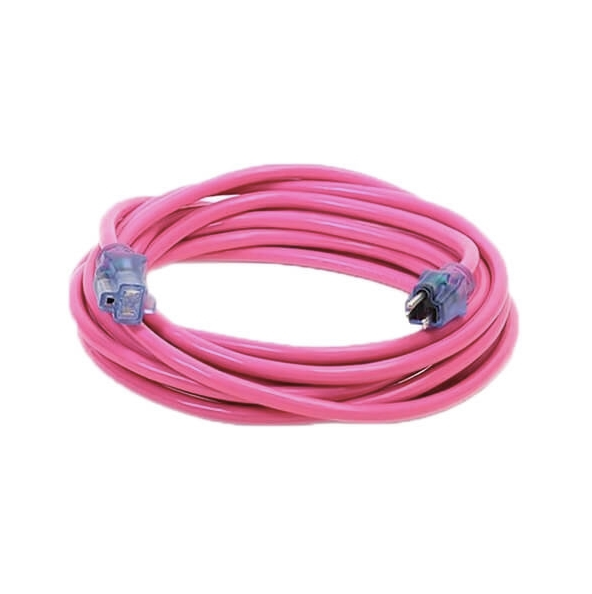If you want to keep costs down and ensure your home stays in prime shape for years, there are regular maintenance tasks you should always keep up with. Not only will they save you from many costly repairs, but they will also keep up the value of your home. If you’re not persuaded by these reasons, though, proper maintenance also saves many headaches to have a seamlessly functioning living space. These are the top home maintenance tips people find the most useful.
Keep Those Plants in Check
Make sure to have an outdoor extension cord handy for when you need to bring out the landscaping power tools. A heavy duty extension cord will make your life easier as you trim trees, bushes, and shrubs. It will make your house look nicer and also prevent other types of damage from overgrown plants. For instance, a tree that’s not properly trimmed could shed branches which damage your roof.
Each month, replace the air filters in your house. Doing this will save you money on your energy bill and keep your A/C unit working well. If it has to work too hard because of old, clogged filters, you might need to replace it sooner.
Watch Out for Gunk Build-Up
Make sure to check your gutters after every fall season. Leaves and other debris can collect here, making it difficult for them to do what they’re intended to do — direct rain off your roof. With winter coming, you also want the melting snow to have somewhere to go.
Spare the Electrical System
Be careful when you power strips or an indoor extension cord. Overloading an outlet can cause major electrical damage. You could face an expensive repair if an electrician needs to repair wiring. Plus, improperly using outlets or cords can cause house fires or major bodily injuries.





















